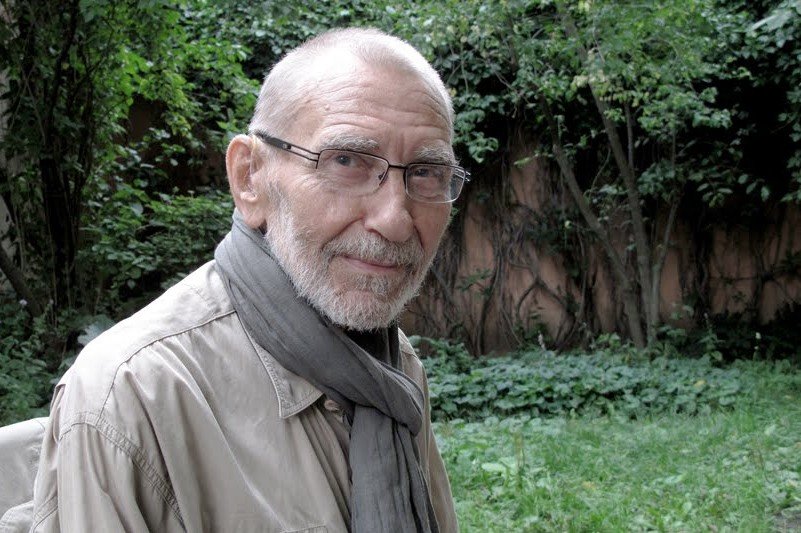Veljo Tormis, one of the most important Estonian choral composers, would have turned 90 this year; to celebrate the anniversary, a new namesake virtual centre will be opened in August 2020.
“The 90th anniversary of the birth of the great contemporary choral composer, Veljo Tormis, will be celebrated worldwide with the opening of the Veljo Tormis Virtual Centre. The online database and information channel will ensure the accessibility, preservation, dissemination and international recognition of Veljo Tormis’ creative heritage,” Iti Teder, the project manager of the new centre, told Estonian World.
The planning of an online database started with the involvement of the great composer himself and is now moving forward on behalf of Tõnu Tormis, the son of Veljo.
“The virtual centre will be the main tool for disseminating information related to Tormis’ compositions and activities. The local and international community will have a new communication platform that will have an impact on choral music both locally and globally,” Teder said. The virtual centre will be opened on 7 August.
The Veljo Tormis Virtual Centre is supported by The Cultural Endowment of Estonia, Estonian Authors’ Society, The Year of Digital Culture 2020 Estonia and Kuusalu Municipality Government.
One of the greatest choral music writers
Veljo Tormis, who died at the age of 86 in January 2017, was internationally regarded as one of the greatest choral music writers in the modern era, and one of the most important composers of the 20th century in Estonia.
He created a choral tradition of his own, the unique “Tormis’ style”. From his student days until his retirement from composition in 2000, Tormis composed over 500 individual choral songs, as well as other vocal and instrumental pieces, 35 film scores and an opera.
Tormis found his own way in Kihnu island in the summer of 1958. While witnessing a traditional marriage on this small Estonian island, famous for its cultural heritage, Tormis was taken aback by the performance of original runo songs in its natural environment. Thereupon he began a systematic research on the old folk material that inspired his later compositions.
The runo song as “an expression of the nation’s creative genius”
The Estonian runo song (“regilaul” in Estonian) can no longer be called a living tradition, but largely thanks to Tormis, it was brought out of museums and given a new lease on life. According to him, the runo song is the Estonian people’s most primal, unique and wholesome creation, “an expression of the nation’s creative genius”. His original style that derived from the runo song, not only made it again popular in Estonia, but also gained recognition worldwide.
His composition most often performed outside Estonia is “Curse Upon Iron” (“Raua needmine”, 1972), that invokes ancient shamanistic traditions to construct an allegory about the evils of war.
Tormis also composed for Estonian films, including the score for “Kevade” (“Spring”, 1969) that is based on the story by Oskar Luts, and regarded as the best Estonian movie of all time.
Cover: Veljo Tormis. Photo by Kaupo Kikkas.


